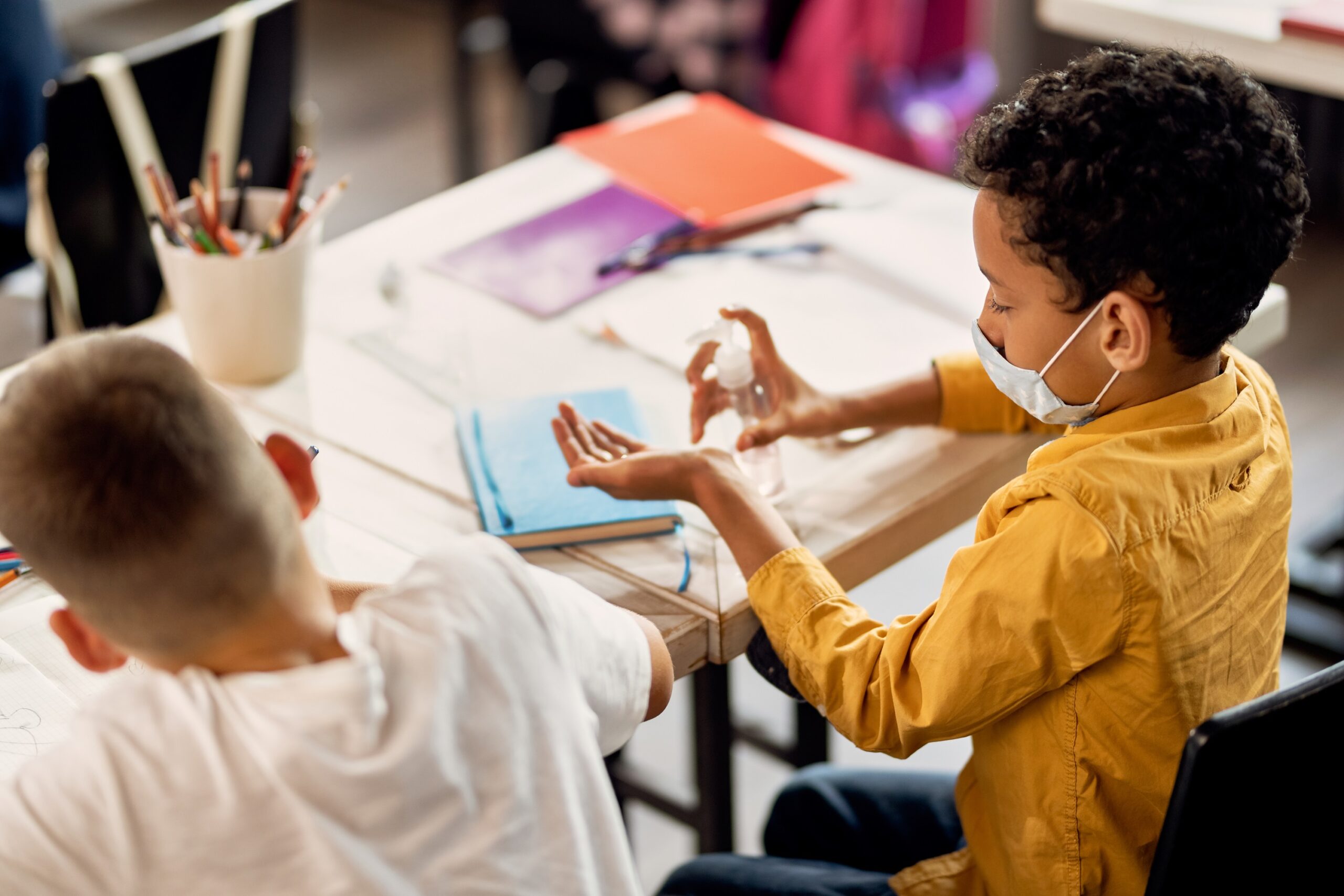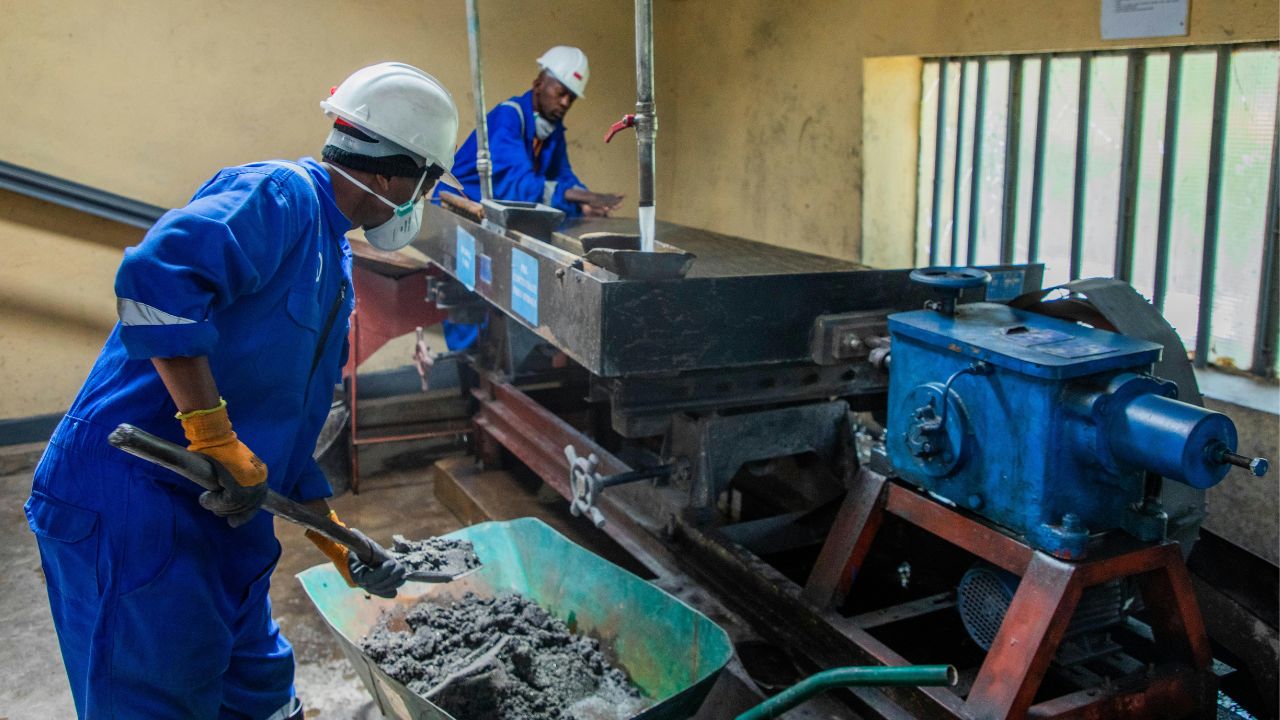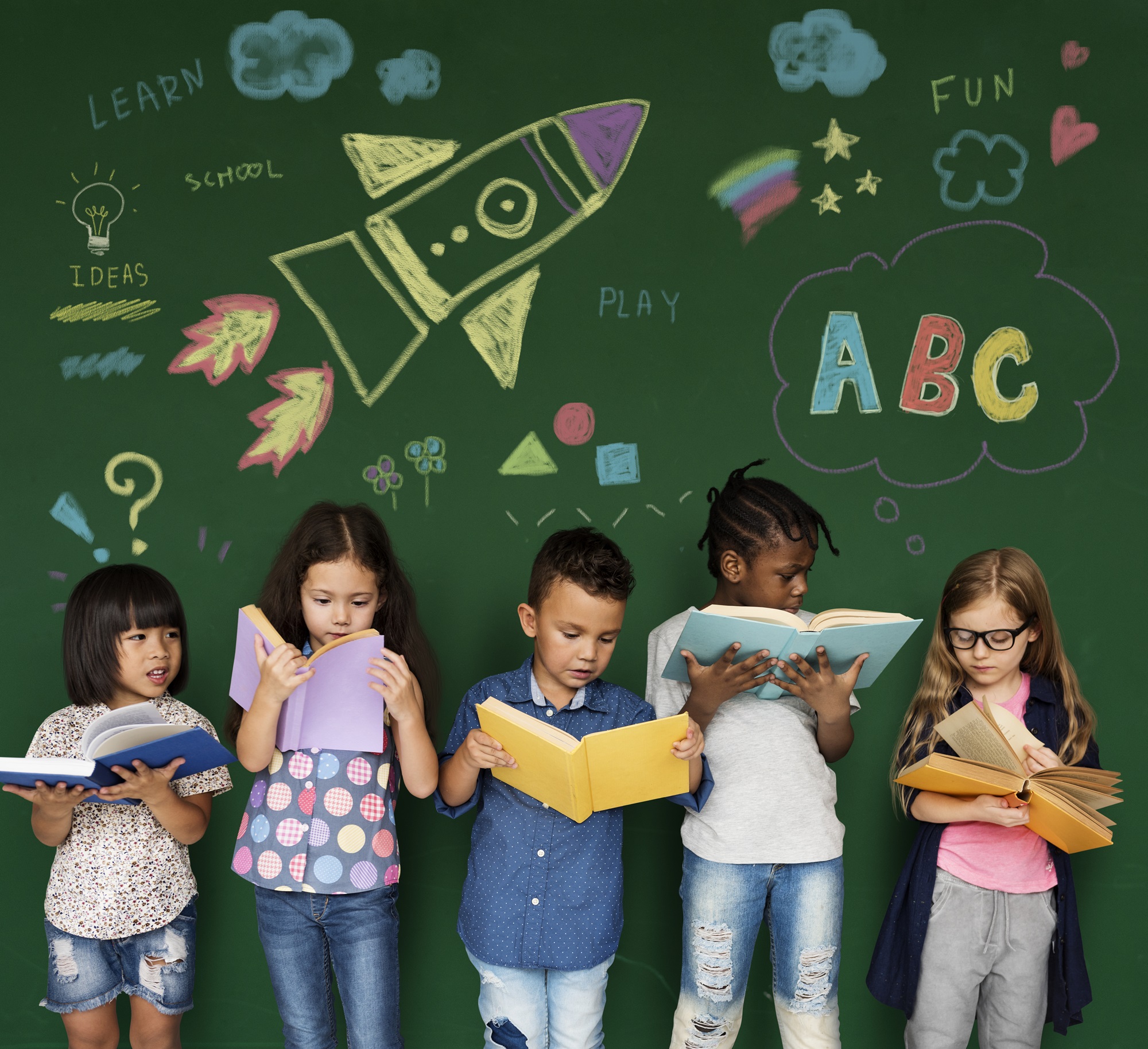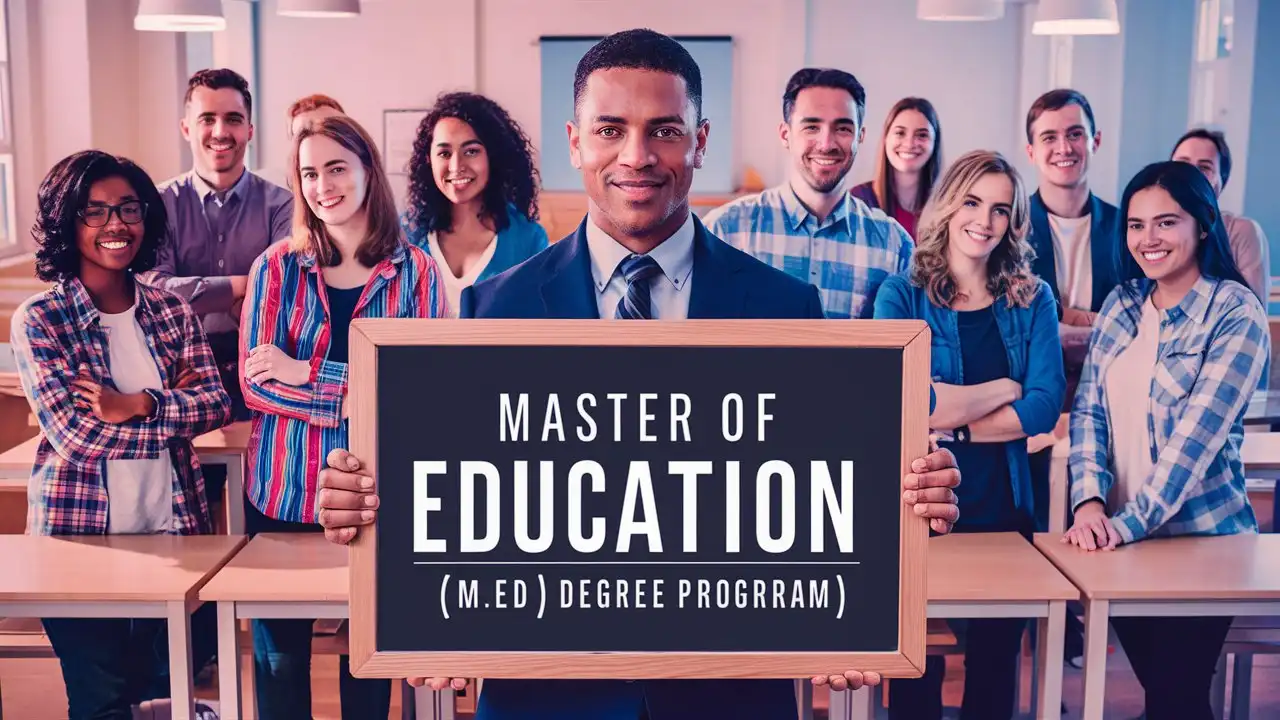Over the last twenty years, the realm of early childhood education has revolutionised dramatically. This period has witnessed the rollout of innovative educational strategies and a strong focus on optimal staff-to-child ratios, reshaping the field. These developments have not only elevated educational quality but also highlighted the critical role of early developmental stages. Exploring these changes reveals a bright and promising future for early childhood education.
The significance of early childhood education is paramount for a child’s comprehensive development. Research shows that the initial years are crucial for the cognitive, social, and emotional growth of young minds. A robust early education can set the stage for later academic achievements and social competencies, fostering skills like problem-solving, effective communication, and empathy, all essential for a thriving life.
Our perspective on early childhood education has shifted profoundly. Once regarded merely as childcare, it is now recognised as an integral part of a child’s educational journey. Both parents and educators acknowledge the lasting benefits of high-quality early education, leading to enhanced support and increased funding for these programs.
The Foundation of Lifelong Learning
The early years are not just about learning basic skills but are crucial for holistic development. Quality early education is not merely beneficial but essential. It equips young minds with critical skills necessary for their future well-being and success.
Our understanding of early childhood education has evolved significantly. What was once viewed primarily as childcare is now acknowledged for its essential role in developmental growth. This enlightened perspective has catalysed greater public support and increased funding for early childhood programs.
Recent studies further highlight the significance of early childhood education. Children who benefit from high-quality early learning environments tend to excel academically and socially as they mature. Moreover, they are less likely to need special education services or to repeat grades. These insights advocate for sustained investment in early childhood education, ensuring that every child has the chance to thrive and succeed from the very start.
Pioneering Programs in Early Education
Early childhood education has been reshaped by pioneering programs designed to meet the varied needs of young learners. These initiatives offer a comprehensive educational experience that nurtures the whole child. For example, programs centred around play-based learning not only engage children but also enhance their creative and critical thinking capabilities through lively, interactive activities.
A standout among these innovative approaches is the Reggio Emilia method, which champions the idea of children steering their own learning journeys. This method allows children to pursue their interests actively, fostering a robust educational environment. It has gained considerable traction in preschool settings, celebrated for its significant positive effects on children’s cognitive and social growth. Both educators and parents commend the Reggio Emilia approach for its effectiveness in cultivating an intrinsic enthusiasm for learning among children.
Feedback from educators and parents sheds light on the tangible benefits of these forward-thinking educational strategies. They report marked enhancements in children’s self-assurance, communicative abilities, and academic achievements. These endorsements affirm the profound impact that such innovative educational programs have on early childhood learning.
The Impact of Staff-to-Child Ratios
Upholding substantial staff-to-child ratios is essential in delivering exemplary early childhood education. Studies consistently demonstrate that smaller groups and more educators per child enhance the educational and social outcomes for the young learners. This setting allows each child to receive the attention and support necessary for their flourishing in both school and social spheres.
A robust staff-to-child ratio empowers teachers to forge meaningful connections with each child, catering to their distinct needs and customising educational strategies. Such a nurturing atmosphere not only makes children feel important and cared for but also equips educators to spot and act on developmental issues promptly, ensuring timely and effective interventions.
Tangible examples and analyses underscore the advantages of maintaining high staff-to-child ratios. Educational centres that champion smaller groups often observe a surge in student engagement and parental satisfaction. Parents particularly laud the bespoke attention their children receive, which significantly aids in their comprehensive growth and happiness.

Little Learning School’s Approach
At the heart of Little Learning School, Alexandra Jakob, its visionary founder, has overhauled early childhood education. Drawing from her own journey as a mother, Alexandra’s fervour for nurturing young minds is evident. She introduced innovative educational programs and ensured a high staff-to-child ratio, significantly contributing to the institution’s acclaim.
Under her astute guidance, Little Learning School flourished, spreading its wings across New South Wales, Canberra, and Melbourne, and emerged as a top-tier name in Australia’s private childcare sector. Alexandra’s strategy of maintaining high staff-to-child ratios and offering a variety of extracurricular activities crafted a holistic educational experience for the children, while simultaneously fostering a dynamic atmosphere for educators.
The hurdles that Little Learning School navigated under Alexandra’s leadership highlight the critical role of strategic foresight and unwavering commitment in the realm of early childhood education. Her dedication to excellence and her knack for adapting to evolving educational demands have established a standard for others in the field to aspire to.
Montessori’s Lasting Influence
The Montessori method, a brainchild of Dr. Maria Montessori, remains a cornerstone in the realm of early childhood education. This child-centric approach not only fosters independence and self-discipline but also kindles a lifelong passion for learning. It stands out by emphasising tactile, hands-on activities and respecting each child’s learning trajectory.
Munir Shivji, as the Executive Director of the American Montessori Society, plays a key role in championing the Montessori method. With a profound grasp of its foundational principles, Munir has committed his career to nurturing environments that spark curiosity, creativity, and comprehensive growth in children across the globe. His endeavours have significantly elevated the profile of Montessori education and underscored its transformative effects on early development.
Through the dedicated efforts of figures like Munir Shivji and the collective initiatives of the American Montessori Society, Montessori education maintains its significant stance in today’s educational sphere. By adhering to its original ethos while seamlessly integrating contemporary educational demands, the Montessori method continues to equip young learners with the essential skills for a successful and fulfilling life.
Goodstart’s Commitment to Excellence
At the helm of Goodstart Early Learning, Dr. Ros Baxter has been central in propelling the institution to the forefront of early childhood education enhancement. With a keen focus on maintaining optimal staff-to-child ratios and rolling out innovative educational programs, her vast expertise and unwavering dedication to education shine through in every initiative.
Central to Goodstart’s philosophy is its strategic collaboration with families, educators, and various services to tailor approaches that meet the individual needs of each child. This partnership model not only ensures that children are provided with top-tier care and education but also cultivates a nurturing, inclusive atmosphere that supports every aspect of their development.
The tangible benefits of Goodstart’s efforts are clearly reflected in the children’s improved academic achievements, social skills, and self-confidence. These positive developments, frequently highlighted by both parents and educators, underscore the effectiveness of Dr. Baxter’s leadership and Goodstart’s commitment to setting benchmarks in early childhood education.
Navigating Challenges in Early Education
Despite strides forward in early childhood education, several hurdles persist. A primary concern is funding, with numerous centres grappling to gather adequate resources to sustain top-tier programs. Moreover, keeping educators on board is an ongoing struggle, as they often grapple with low pay and high stress levels.
Access to quality early childhood education remains elusive for many, especially those from underprivileged backgrounds. This barrier can significantly impede a child’s developmental and future academic achievements. It’s imperative that we craft and implement policies that open doors to high-quality early education for every child.
Yet, these obstacles also carve paths for innovation and progress. Investing in early childhood education and tackling these challenges head-on can lead to a more just and efficient system. Successful initiatives and pilot programs shed light on effective strategies, underscoring the need for ongoing innovation and cooperation within this vital field.
Looking Ahead
As we peer into the horizon of early childhood education, the promise of expansion and creativity looms large. Anticipated technological strides are poised to redefine educational landscapes. Imagine young learners engaging with interactive tools and virtual realms that not only bolster their learning experiences but also open doors to boundless exploration and discovery.
The trajectory of early childhood education will also be shaped by shifts in policy and educational philosophies. It is crucial for governments and decision-makers to place early education high on their agendas and to channel adequate resources towards its enrichment. Embracing evidence-based practices and nurturing an ethos of perpetual enhancement will solidify the foundational importance of early childhood education.
Insights from experts underscore the necessity for a comprehensive approach that caters to the multifaceted needs of children, thereby fostering an inclusive and potent educational framework. The prospects for early childhood education shine brightly, and with a steadfast commitment to innovation and investment, we are on the cusp of unlocking its vast potential.
A Bright Path Forward
Reflecting on the past twenty years, the evolution in early childhood education is nothing short of extraordinary. The rollout of innovative educational strategies coupled with a focus on maintaining high staff-to-child ratios has dramatically enhanced the calibre of early learning. These strides have not only solidified a robust base for future generations but also highlighted the critical role of early developmental stages.
Looking to the future, it’s crucial that we continue channelling resources into early childhood education while addressing the challenges that educators face. Embracing a cooperative and inclusive methodology will ensure that each child can access high-quality educational experiences and embrace their potential for success. The efforts of notable leaders such as Alexandra Jakob, Munir Shivji, and Dr. Ros Baxter vividly demonstrate the profound influence committed individuals have on the trajectory of early childhood education.
The course ahead is clear: prioritising early childhood education and supporting the initiatives that fuel its progress is essential. By committing to these actions, we pave the way for a luminous future for our young ones and society at large.










